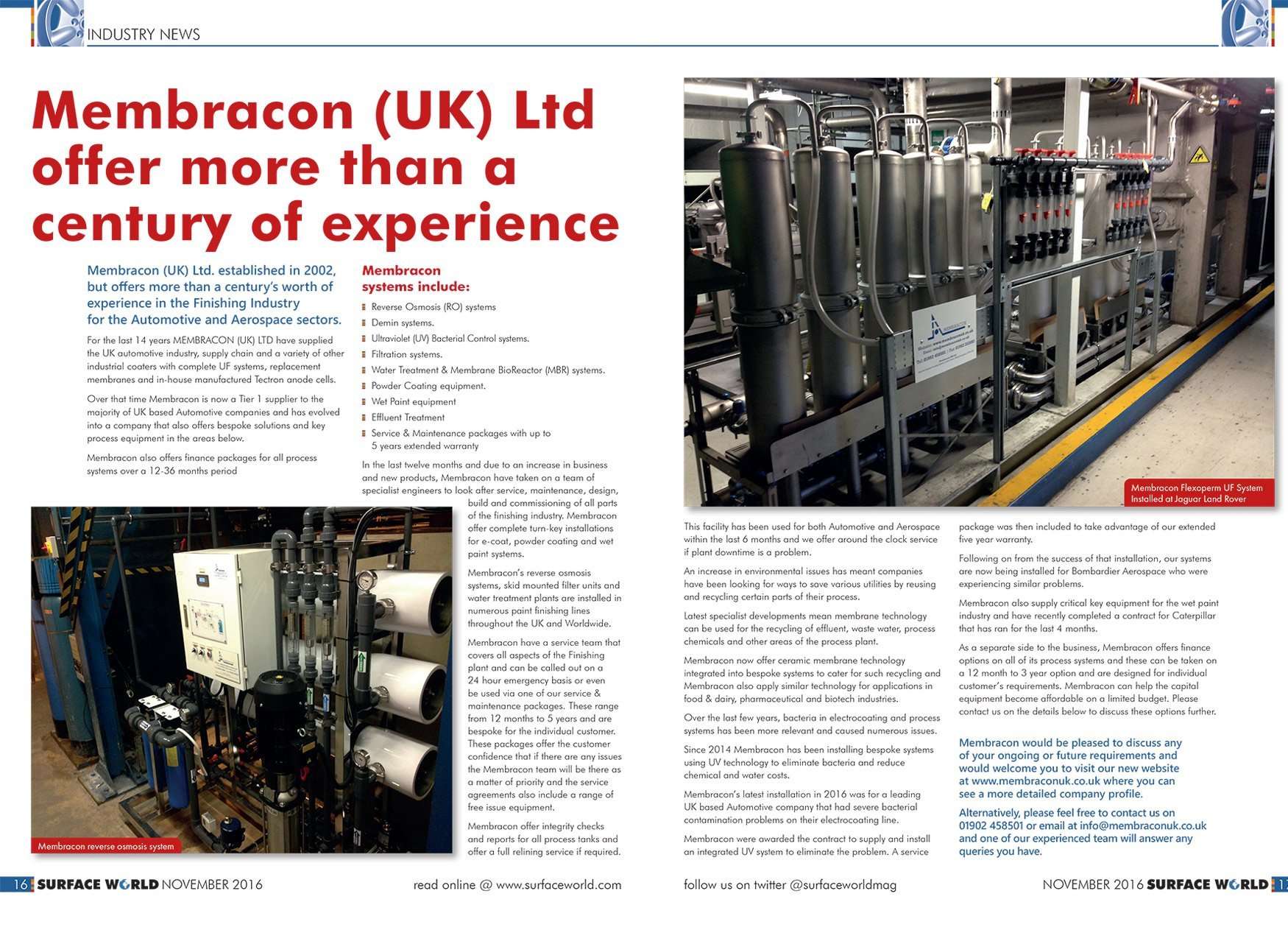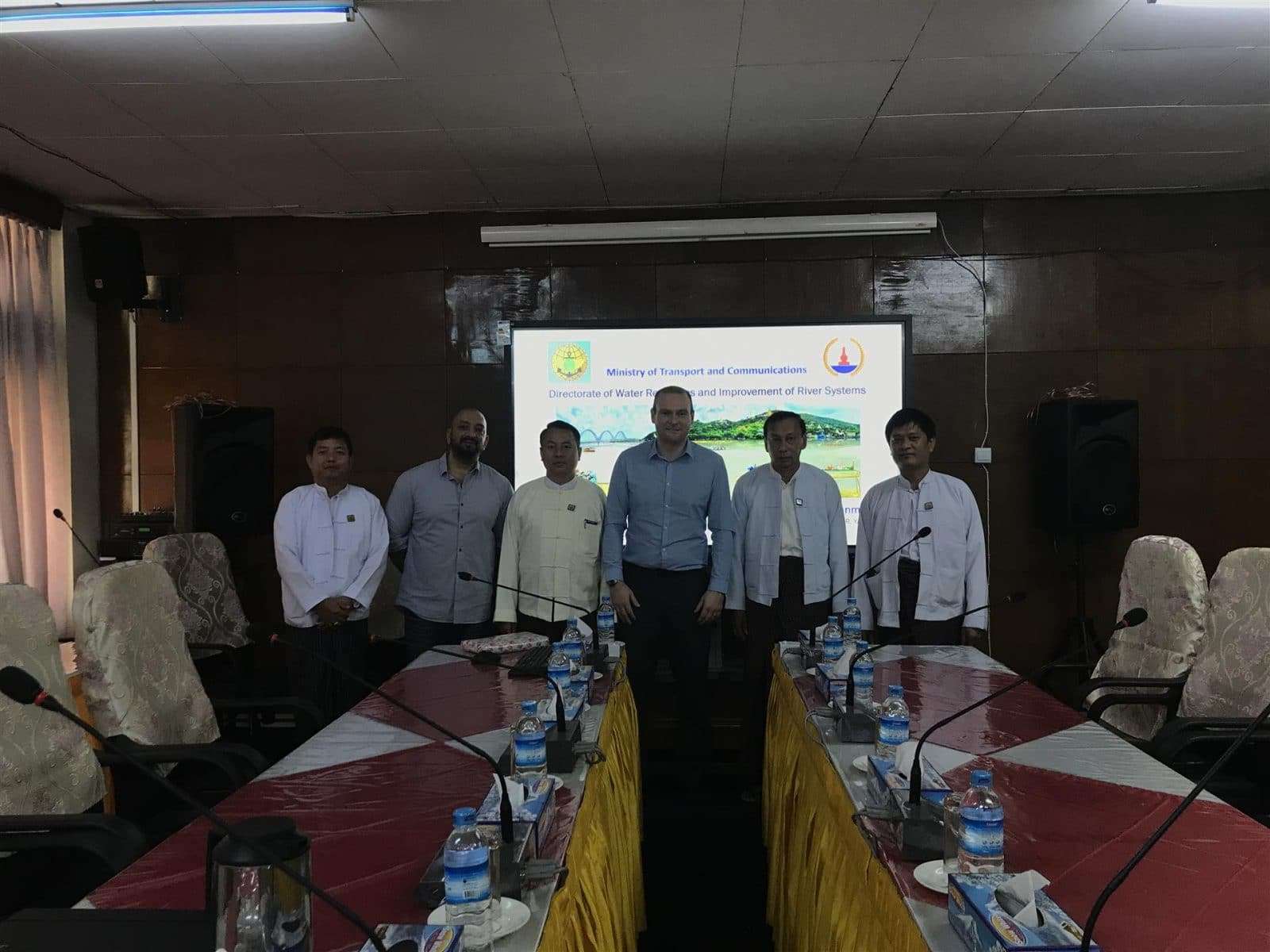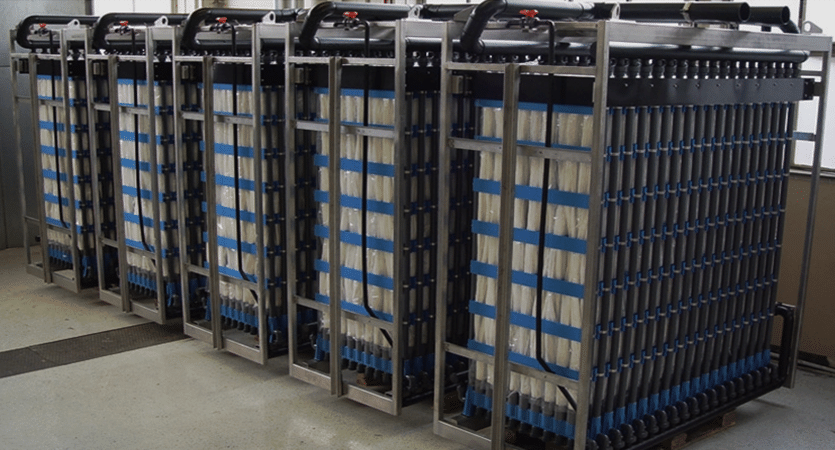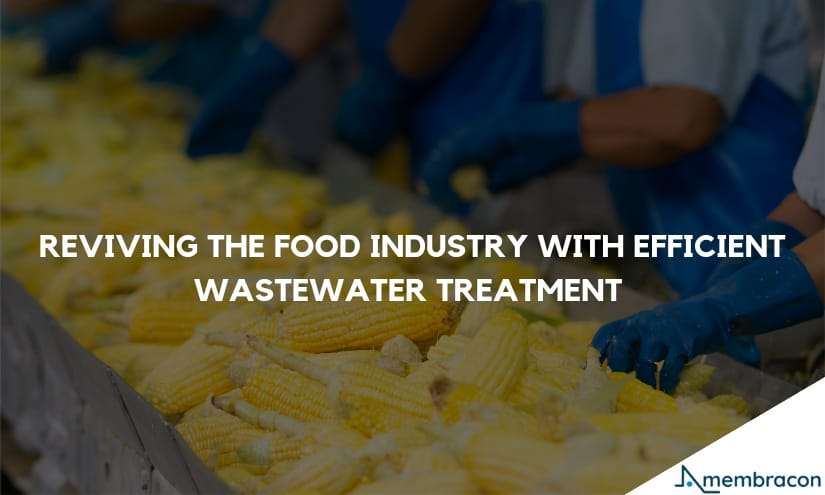
Reviving the Food Industry with efficient Wastewater Treatment
The food and beverage industry has been impacted by the pandemic significantly. As things are getting back to normal, the industry is looking out for a revival in its operations and finances in full swing.
Water forms a critical component of the food industry. It is not only used as an ingredient in the products but also required for conducting cleanups and other production needs.
Thus, the source of water should be hygienic, convenient and inexpensive.
While the water demand is high in the processing industries, so is the production of wastewater. Moreover, there is a wide variation in wastewater generated from this industry due to the utilisation of different raw materials and products.
The wastewater is formed from a series of industrial processes such as cleaning, slicing, washing, frying, and packaging. It becomes one of the significant sources of environmental pollution if not treated properly.
The food manufacturing wastewater contains high concentrations of several organic compounds such as carbohydrates, proteins, vitamins, and pectin which are accountable for the high Chemical Oxygen Demand (COD).
Both the demand for clean water and the treatment of the wastewater have to be done simultaneously to ensure efficient utilisation of the water resources.
The valuable compounds from the wastewater should be recovered. Moreover, it should be treated in a way to make it reusable for industrial processes.
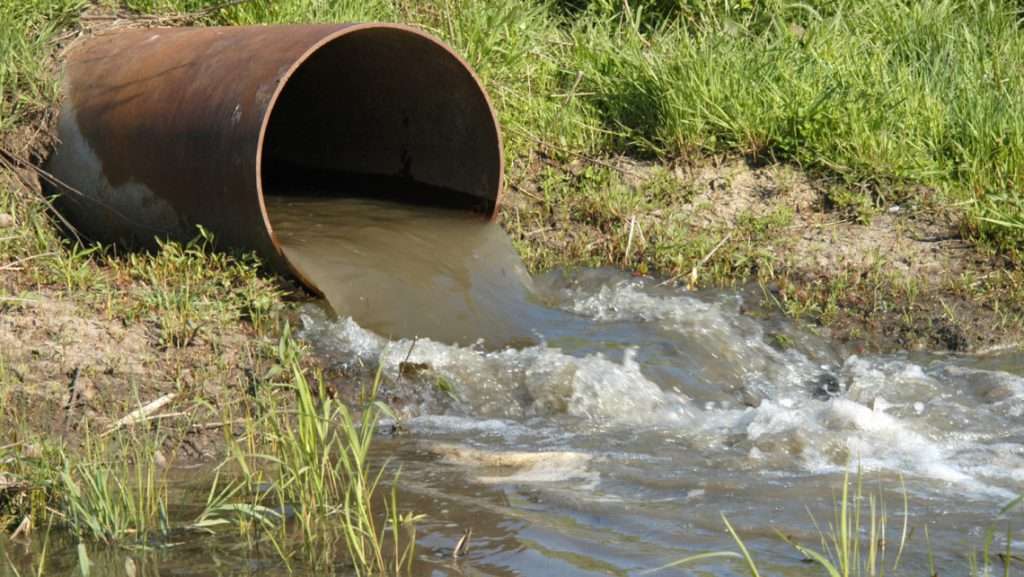
The steps involved in the wastewater treatments process are:
1. Clarification: It removes suspended solids and particulate matter with the help of flocculants and coagulants. They encourage settling and sedimentation of the compounds.
2. Biological Treatment: This step helps in upgrading the quality of the food and beverage industry effluent. This is done by decomposing the organic material using microbial culture.
3. Filtration: It is used for the physical, mechanical, and biological separation of solids from treated water.
4. Reverse Osmosis: This step uses a membrane-based separation method to recover reusable water.
5. Disinfection: It involves the usage of chemicals and UV to destroy disease-causing organisms and prevent their spread. Processes such as ozonation and ultraviolet irradiation eliminate biological contaminants that remain in the water after treatment.
Softening: It removes calcium, magnesium and other metal cations using ion exchange resins.
Membracon BioReactor and Filtration System:
The Membracon ceramic filtration systems have been designed to assist the Membrane Bioreactor (MBR) systems, up to 2,000m3/day, that can efficiently treat food and beverage industrial waste.
The benefits of the use of these filtration systems include a reduction in operational expenditure (OpEx), a smaller footprint, and minimal operation & maintenance requirements. All of these aid in a reduction of disposal costs via the reuse of water.
Membracon not only offers a full, bespoke, design & build for the system to suit each customer’s requirements but can also provide a comprehensive service & maintenance package along with a tailored financing solution.
A Membrane Bioreactor (MBR) is a biological wastewater treatment process, coupled to a membrane filtration system. The elimination of organic matter, nitrogen and phosphorus is performed through the assimilation by the microorganisms inside the reactor, while in the membrane an effective separation between the solids (biomass) and the liquid fraction is carried out.
As a result, a high-quality effluent is produced which is free of suspended solids and turbidity and partially disinfected.
MBR systems are characterised by the high quality of the treated water, which fits the requirements for reuse in many cases. Furthermore, the existence of a physical barrier as the membrane avoids the escape of solids from the biological reactor and the wash-out of the biomass.
MBR filtration systems can be placed inside the bioreactor, in a submerged configuration. It reduces a part of the energetic consumption associated with filtration.
Membracon is a one-stop solution for all your wastewater management woes. Contact us to get a cost-effective solution to reuse and recycle the water and increase the operational efficiency of your industry.









